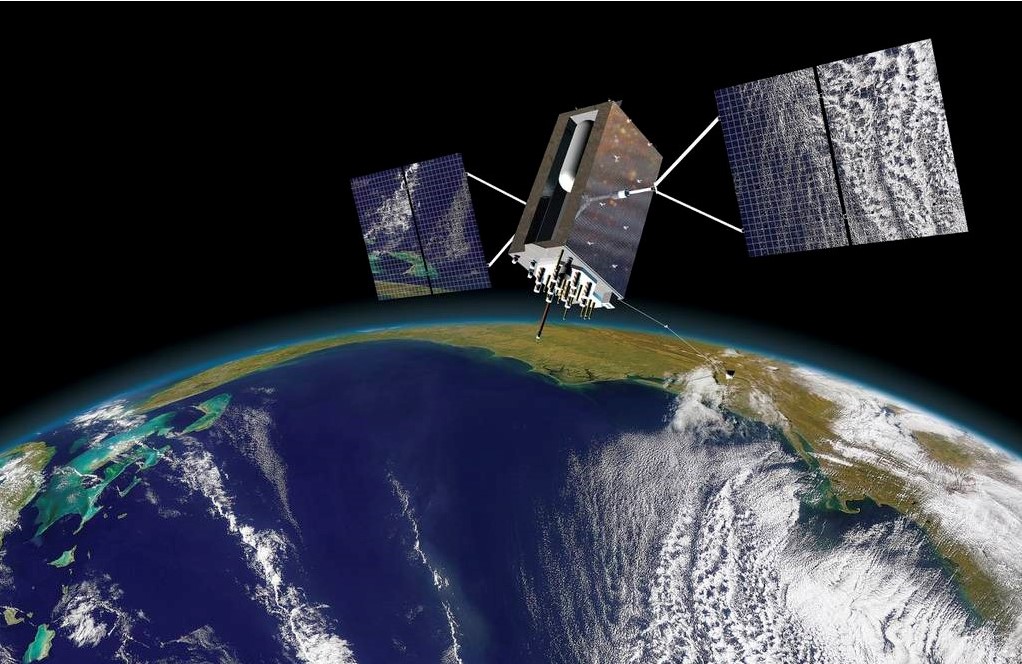Image: GPSIII by Lockheed
The author of this OpEd is president of the RNT Foundation.
\
Opinions: Let’s celebrate a half-century of GPS by catching up to China
Earlier this year, a Presidential Advisory Board recommended that the Biden administration celebrate the fiftieth anniversary of approval of the Global Positioning System as an official government program. Such a celebration should highlight the program’s achievements and its many contributions to the world.
At the same time the National Space-based Positioning, Navigation, and Timing Advisory Board warned “GPS’s capabilities are now substantially inferior to those of China’s BeiDou.” It urged the government to use the event to launch “…an initiative to regain U.S. PNT [positioning, navigation, and timing] leadership and ensure resilient, reliable PNT for critical infrastructure and the larger economy.”
Reinforcing its message, the board recently posted a white paper “Celebrating the GPS 50th Anniversary: Recommitting to U.S. Leadership in PNT.”
The paper cites many of the critical technologies GPS underpins and calls it “an essential yet silent utility.” Among the benefits mentioned are revolutions in agriculture, transportation, and telecommunications, along with vast improvements in areas as diverse as financial services, construction, and electrical grid operations. GPS has created new businesses such as Uber and Lyft and transformed American society for the better.
At the same time, the white paper warns, “GPS’ contributions to America’s global leadership and economic prosperity have not gone unnoticed by our allies and adversaries.”
The role of GPS and PNT in “Great Power Competition” is significant, according to the board.
Europe, Russia and China have all deployed their own satellite navigation systems as a way to protect their national security and reinforce their positions as world powers.
Europe offers use of its system to other nations as a civilian supplement to America’s military-operated GPS.
China aggressively markets its BeiDou satellite navigation system as newer and, in many locations, more accurate alternative or replacement for GPS. A recent Harvard paper documented how China is using it as an integral part of its “Belt and Road” and “Digital Silk Road” efforts to expand its soft power around the world.


